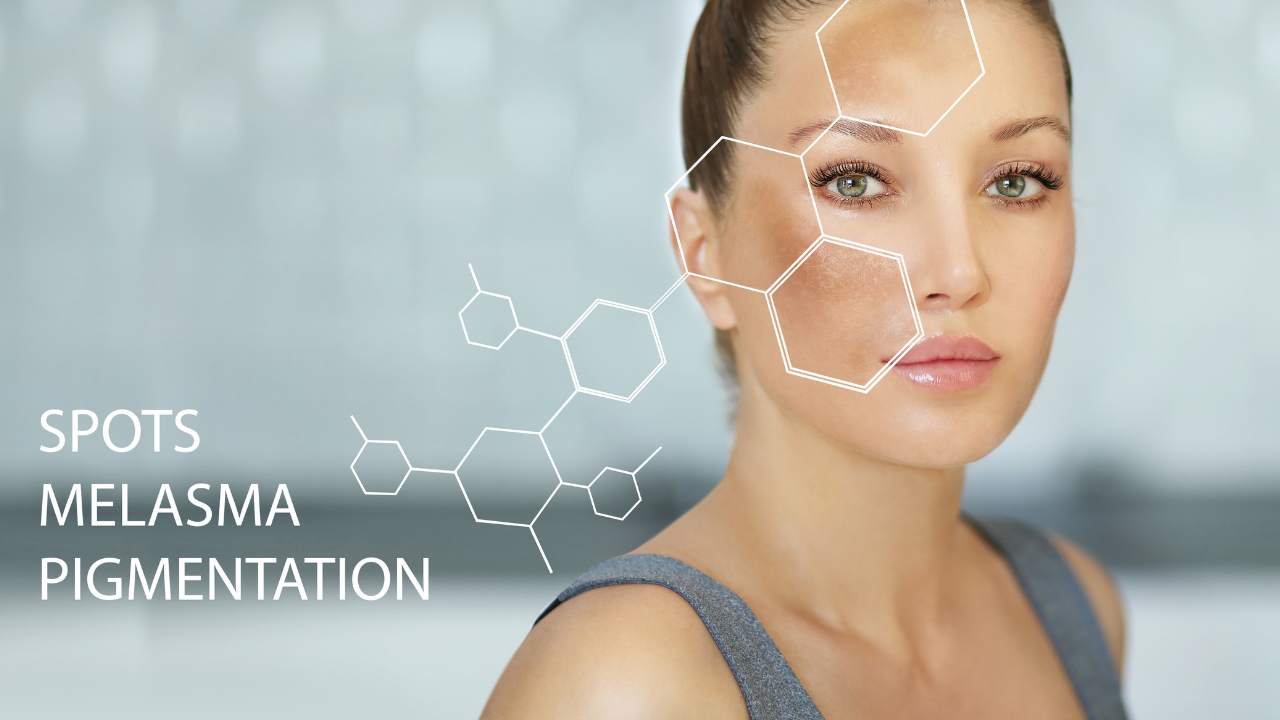The Bright and Dark Sides of the Sun: What We Learn from Its Effects on Our Health |

The sun, a powerful celestial body, has both a bright side and a dark side when it comes to its impact on our health. In this article, we will explore the positive and negative aspects of sunlight exposure and discuss how it affects our sleep cycles, vitamin D production, skin health, and the importance of staying hydrated.
1.- The Bright Side: Regulating Sleep Cycles and Vitamin D Production
Sunlight plays a crucial role in regulating our sleep-wake cycles, also known as circadian rhythms. The bright side of the sun helps synchronize our internal body clock, making us feel more awake and alert during the day and aiding in restful sleep at night.
Moreover, exposure to sunlight stimulates the body’s production of vitamin D, a vital nutrient that helps in the absorption of major minerals like magnesium and calcium. Vitamin D has several biological effects and is essential for maintaining healthy bones, teeth, and overall bodily functions.
Dr. Nina Dieguez, Internal Medicine Physician at Baptist Health South Florida, emphasizes the importance of vitamin D, stating that it is crucial for the absorption of major minerals necessary for daily functions. Magnesium, calcium, and other biological effects rely on adequate levels of vitamin D.
2.- The Dark Side: Wrinkles, Age Spots, and Skin Cancer
Now, let’s move to the dark side of the sun. Prolonged exposure to sunlight can lead to various skin concerns, including wrinkles, age spots, freckles, discoloration, benign growths, and even skin cancer. Sunlight is considered the primary cause of visible aging, making it crucial to protect our skin from harmful UV radiation.
Dr. Michelle Brewster, Physician at Baptist Health South Florida, humorously relates the term “dark side” to Star Wars but highlights the serious impact sunlight can have on our skin. Wrinkles, age spots, freckles, and discoloration are among the visible signs of sun damage. Additionally, long-term exposure can increase the risk of developing benign growths and skin cancer.
3.- Protecting Your Skin and Seeking Medical Attention
It is never too late to start protecting your skin from the damaging effects of the sun. Regularly applying sunscreen, wearing protective clothing, and seeking shade during peak sunlight hours are essential habits to adopt. If you notice any changes in your skin, such as the appearance of new spots or the growth of existing ones, it is crucial to consult a dermatologist for further evaluation.
The discussion touches on the presence of white spots on the skin, which may raise concerns about precancerous cells. However, it is important to note that not all white spots are indicative of a serious condition. Dr. Brewster suggests that some discoloration may be a normal occurrence, but any changes or growth should be examined by a dermatologist to rule out potential health risks.
4.- The Importance of Hydration for Skin Health
Drinking an adequate amount of water is imperative for overall health and plays a significant role in maintaining healthy skin. Staying hydrated ensures that our skin remains moisturized and helps protect it from dryness and potential damage. Dr. Dieguez emphasizes the importance of daily fluid intake, especially water, for optimal skin protection and general well-being.
To determine the recommended water intake, there is often confusion about the ideal quantity. Dr. Dieguez suggests drinking between 6 to 8 cups of eight-ounce glasses of water daily. This range helps replenish the body’s fluids and contributes to maintaining good overall health.
The sun has both positive and negative effects on our health. While sunlight helps regulate our sleep cycles and stimulates vitamin D production, prolonged exposure can lead to skin issues like wrinkles, age spots, and even skin cancer. Protecting our skin from harmful UV rays and staying hydrated are essential practices for maintaining healthy skin and overall well-being. Remember to consult a dermatologist if you notice any changes or growths on your skin and stay vigilant in protecting yourself from the dark side of the sun.
Learn more about the pros and cons of sunlight here: https://youtu.be/RXPAnUxXvaY








